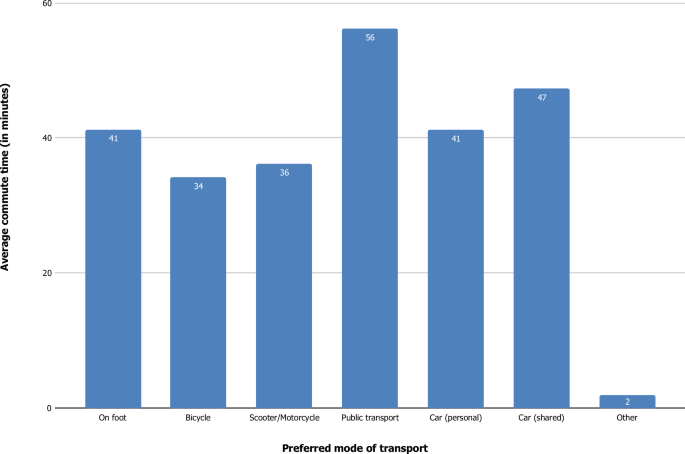
"Remote work, first conceptualised in the 1970s1 has recently attracted the interest of many individuals, not due to its novelty but because of the rapid escalation in the incidence of remote or hybrid work in the wake of the COVID-19 pandemic. As a means of engaging with the labour market, remote work holds great potential to advance European Union's territorial cohesion across social, economic and environmental dimensions, while aligning with the European Regional Development Fund's 2021-2027 priorities."
"It enhances competitiveness by allowing businesses to become more agile and tap into a broader talent pool2,3, fosters inclusion4 and higher employment rates5 boosting local economies6 and promotes greater mobility through flexible living and working arrangements7 making Europe more connected, reducing the need for commuting, and contributing to a greener Europe8. Remote work, particularly after the COVID-19 pandemic, has emerged as a pivotal strategy for mitigating the urban-rural divide, presenting a viable countermeasure to rural depopulation across Europe (Eurofound9, p. 2)."
Remote work surged after the COVID-19 pandemic, building on earlier conceptualisations from the 1970s. Remote work can advance European Union territorial cohesion across social, economic, and environmental dimensions and aligns with the European Regional Development Fund 2021–2027 priorities. It enhances competitiveness by letting businesses become more agile and tap broader talent pools. Remote work fosters inclusion and higher employment rates, boosts local economies, increases mobility through flexible living and working arrangements, reduces commuting, and contributes to environmental sustainability. Adoption varied significantly across countries, regions, and degrees of urbanisation, with teleworkable employment more prevalent in urban areas. Uneven digital accessibility creates disparities in remote work opportunities.
Read at Nature
Unable to calculate read time
Collection
[
|
...
]